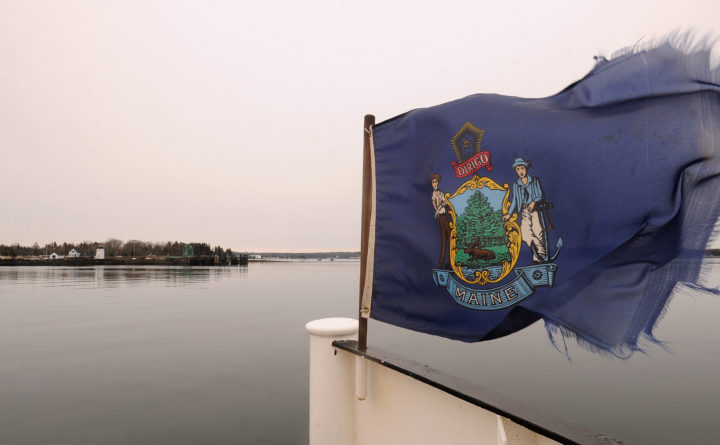Editorial Staff / Bangor Daily News
It’s expensive to live on an island. Energy costs more. Food costs more. Just about everything costs more. Last week, residents of Islesboro found out ferry service will start costing a lot more.
On Monday, new increases in ferry service fees will double the per-trip costs for just about everyone.
The standard ticket price across the entire Maine State Ferry Service system will now be $11 for a round-trip adult ticket and $30 for a person with a vehicle. For Islesboro, that’s up from $5.50 for adults and $13.75 for those with cars.
It’s unfortunate that the ferry price increase is so dramatic, not having been increased since 2009, in the pit of the recession.
But amid the backdrop of those ferry costs, Islesboro is lighting up a high-speed fiber-optic data network that will give its residents some of the fastest connections in the country.
That doesn’t necessarily help residents who need to commute to and from the mainland each day for work right now, but it has that potential long-term as more people decide to work remotely. The ferry rate increase demonstrates further urgency for faster broadband connections for Maine’s islands.
The rising cost of the ferry service stands to exacerbate the challenge Maine’s islands already face in maintaining sustainable communities. The costs will need to rise as fewer people use the ferry. And those rising costs stand to make island life less affordable.
Maine’s most populated islands are curious economies: a mix of wealthy retirees, lobstermen and the few who make a living somewhere in between.
About 25 percent of Islesboro residents are self-employed, according to the U.S. Census. That’s compared with about 8.5 percent statewide. About 15 percent of the island’s residents work from home; statewide, that figure is 5.5 percent.
Those numbers demonstrate how faster internet connections stand to open up island economies to other possibilities and a range of new potential residents whose mobile jobs could help sustain year-round island communities.
That’s the idea behind the Island Institute’s push to work with dozens of communities that want to improve their internet connections.
“Across all of these communities, local leaders are focusing on broadband because it can diversify career opportunities, help strengthen small businesses and give elders access to telehealth to help them stay in their communities longer. It also provides educational opportunities for students and adult learners,” wrote Briana Warner and Nick Battista of the Island Institute in a recent BDN OpEd.
On the Cranberry Isles, located off the coast of Mount Desert Island, for example, residents previously had internet that was sometimes too slow to send an email. Now, thanks to work by residents, supporting organizations and the government, they’re getting upload and download speeds that are faster than many metropolitan areas.
While Islesboro’s ferry price increase stands to make island life less affordable, it highlights a need for other investments, such as broadband infrastructure, that will make island communities more sustainable and preserve a character that’s unique and separate from the mainland.
read more


